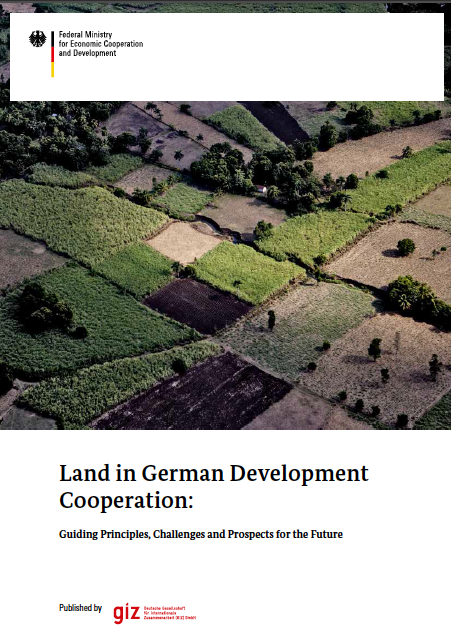Location
As a service provider in the field of international cooperation for sustainable development and international education work, we are dedicated to shaping a future worth living around the world. We have over 50 years of experience in a wide variety of areas, including economic development and employment promotion, energy and the environment, and peace and security. The diverse expertise of our federal enterprise is in demand around the globe – from the German Government, European Union institutions, the United Nations, the private sector, and governments of other countries. We work with businesses, civil society actors and research institutions, fostering successful interaction between development policy and other policy fields and areas of activity. Our main commissioning party is the German Federal Ministry for Economic Cooperation and Development (BMZ). The commissioning parties and cooperation partners all place their trust in GIZ, and we work with them to generate ideas for political, social and economic change, to develop these into concrete plans and to implement them. Since we are a public-benefit federal enterprise, German and European values are central to our work. Together with our partners in national governments worldwide and cooperation partners from the worlds of business, research and civil society, we work flexibly to deliver effective solutions that offer people better prospects and sustainably improve their living conditions.
Members:
Resources
Displaying 196 - 200 of 340Good Land Governance: Between Hope and Reality
The paper highlights the fast changes in understanding and conceptualizing the complex topic of land governance, its multi-facetted aspects and inter-linkages to other thematic sectors. Major policy developments, such as state divestiture and increasing private investment into land, and a stronger and more influential role of Civil Society Organizations are addressed in more detail. Capacity development at all levels (e. g. academic, administrative, community, private investors) is identified to be essential for good and transparent governance in the sector.
Land in German Development Cooperation: Guiding Principles, Challenges and Prospects for the Future
In 1998 GIZ (former GTZ) published the “Guiding Principles on Land Tenure in Development Cooperation” in the form of a handbook. The publication enjoyed a warm reception and quickly became a source book among land experts and practitioners in Germany and abroad.
Since then the relevance, sensibility and complexity of land policy and land tenure issues have even increased, among other reasons, due to a new wave of strengthened interest in land and agriculture as an investment opportunity, a situation often referred to as “land grabbing”.
Land in German Development Cooperation
The publication offers an overview of different aspects of the highly complex field of land policy and land management providing the reader a number of principles, concrete tools and examples for dealing with land related problems in the German Development Coorperation.
Value of Land: prosperous lands and positive rewards through sustainable land management
Understanding the cost of inaction and beneftis of action are important in order for all stakeholders to be able to make sound, informed decisions about the amount and type of investments in land they make. Even though techniques for sustainable land management are known, many barriers remain and the financial and economic aspects are often put forward as primary obstacles. If the full value of land is not understood by all stakeholders, it may not be sustainable managed, leaving future generations with diminished choices and options to secure human and environmental well-being.
Land Tenure Security in Selected Countries - Global Report (ENG 2015)
In this publication, the issue of tenure security is addressed and assessed in several countries where government, civil society, the private sector and development cooperation initiatives have been implemented for decades. The selected case studies from fifteen countries in Africa, Asia and Latin America ensure not only a eographic balance but they also represent countries with different socio-economic and land-related histories and that have followed different pathways. The studies’ key findings underline the still precarious state of tenure security in many countries.



